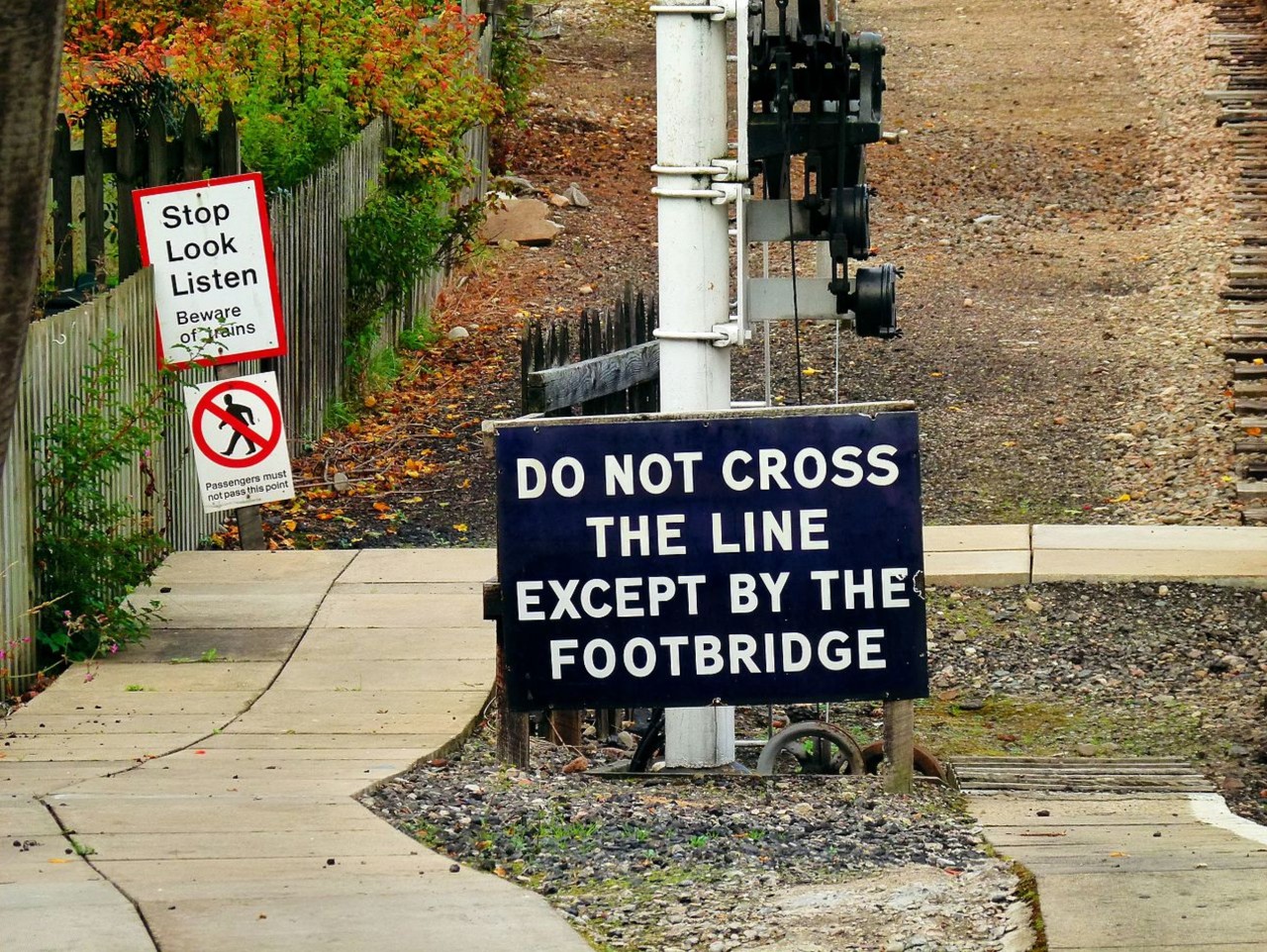
Grammar refers to
- the rules of a language (e.g., Standard Written English) that govern how sounds, words, phrases, clauses, and syntactical structures can go together to form sentences, including
- morphological rules
- structure & construction of words such as word roots, prefixes, and morphemes
- phonological rules
- sound, sound combinations
- syntactical rules
- word order, word combinations
- morphological rules
- the rules that govern multiple modes of communication, such as body language, mathematics, music, and computer coding
- an academic discipline, a field of study
- Grammar is a topic of study across disciplines, including Linguistics, Corpus Linguistics, Machine Learning, Semiotics, Writing Studies.
- a curriculum taught at all levels of education.
Related Concepts: Code Switching; Convention; Register; Rhetorical Reasoning; Semiotics: Sign, Signifier, Signified; Standard Written English; Style
Why Does Grammar Matter?
Without grammar, spoken and written communication would be incomprehensible.
Spelling errors, diction errors, comma splices, modification errors, parallelism errors run-on sentences, sentence fragments, subject-verb agreement, subjects, verbs, & objects — these sorts of errors make it difficult –and sometimes impossible — for readers to understand a message. These errors break the flow of thought and interrupt interpretation, which already is an exceedingly difficult process to get right (if accuracy is the measure). Errors require audiences to rewind what you’ve said or written and piece it together like puzzle game. Most audiences are unwilling to do all that.
In formal writing contexts, grammatical errors are considered unprofessional because they cause ambiguity, confusion–and the loss of a reader. In business contexts, this translates into lost revenue. Because audiences expect writers to follow the rules of standard written English in formal situations, failure to do may suggest a lack of effort–or a lack of literacy, a failure to understand the rules and conventions that govern standard written or spoken English.
How Do People Learn Grammar?
Native speakers of languages learn the grammar of their languages chiefly by listening to others and emulating their language practices. We learn the rules of grammar by engaging in communicative practices, whether that language practice is oral, written or visual.
In school contexts, students are introduced to declarative knowledge about grammar. This is especially helpful to students whose home languages are dialects of the dominant language. Declarative knowledge about grammar provides language users with a vocabulary and a conceptual understanding of how words can be joined together to create sentences–complete units of thought:
“Grammar is important because it is the language that makes it possible for us to talk about language. It names the types of words and word groups that make up sentences not only in English but in any language. As human beings, we can put sentences together even as children — we can all do grammar. But to be able to talk about how sentences are built, about the types of words and word groups that make up sentences — that is knowing about grammar. And knowing about grammar offers a window into the human mind and into our amazingly complex mental capacity” (“Some Questions” 2023).
What do I need to know about grammar in order to write well?
- Develop your rhetorical reasoning competencies so you can identify the appropriate register for a specific rhetorical situation
- Listen to the discourse of others and critically read the work of others from a critical perspective in order to learn about different stylistic moves
- Note: You may not be able to formally label specific grammatical errors, yet you can use your tacit sense of grammar, forged in the kiln of every day speech, to identify sentences that don’t seem right.
- To employ the grammar of academic and professional discourse communities, learn about
- Code Switching
- Register
- Mechanics
- Modifiers, Modification
- Parallelism, Parallel Structure, Parallel Construction
- Sentences
- The 9 Parts of Speech
- Articles
- Adjectives
- Adverbs
- Conjunctions
- Interjections
- Nouns
- Prepositions
- Pronouns
What is editing for grammar?
Editing for Grammar refers to the process of proofreading your documents or the documents of other to ensure they are
- grammatically correct
- rhetorically appropriate
How can I edit for grammar?
When revising or editing your work for school and work contexts, consider the following strategies.
- Begin by checking your text for errors you’ve tended to make in the past. Review common sentence errors and check for them in your text.
- Review your work at the word level, checking to ensure there are no errors related to
- Archaism
- Cliché
- Contractions
- Homonym
- Word Form
- Vague Language, Generalizations
- Jargon
- Review your work at the sentence level, checking
- Review your work at the word level, checking to ensure there are no errors related to
- Archaism
- Cliché
- Contractions
- Homonym
- Word Form
- Vague Language, Generalizations
- Jargon
- Review your work at the rhetorical level, checking to ensure that you have included, as appropriate,
Recommended Resources
CCCC Statement on Ebonics. Conference on College Composition and Communication. 6/30/21
Students’ Right to Their Own Language. Conference on College Composition and Communication. (April 1974, reaffirmed November 2003, annotated bibliography added August 2006, reaffirmed November 2014)
Some Questions and Answers about Grammar. (n.d.). National Council of Teachers of English. Retrieved January 26, 2023, from https://ncte.org/statement/qandaaboutgrammar/










